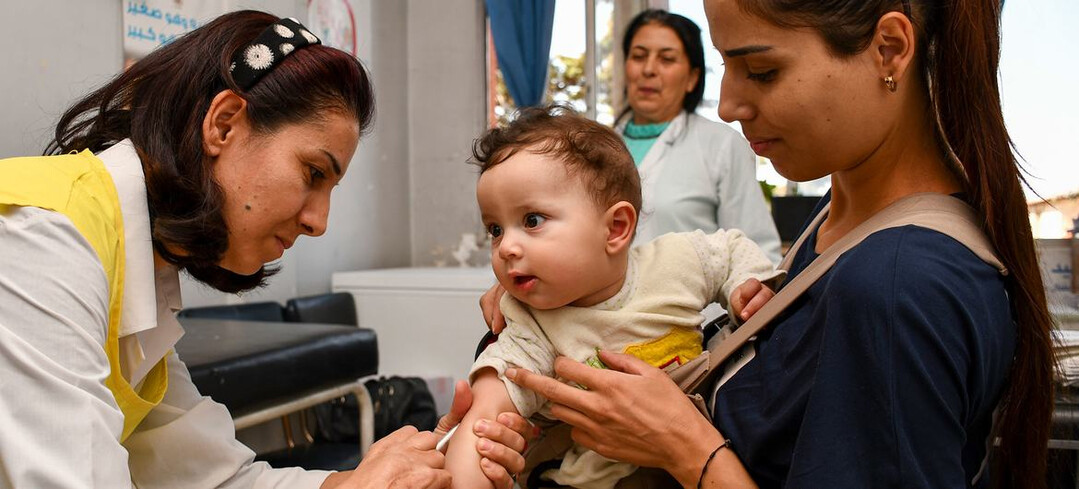
Tegucigalpa, Honduras – In a significant move to combat maternal and neonatal mortality, the Honduran government, through its Ministry of Health, has launched updated protocols for comprehensive maternal and neonatal care. This initiative, unveiled in commemoration of Honduran Women's Day on January 25th, is backed by technical support from the Pan American Health Organization/World Health Organization (PAHO/WHO), the Government of Canada, and UNFPA Honduras.
The updated protocols are a critical component of Honduras's strategy to improve maternal and child health outcomes. According to recent data, Honduras has one of the highest maternal mortality rates in Latin America, with disparities particularly pronounced in rural and indigenous communities. The new protocols aim to address these disparities by providing evidence-based guidelines for healthcare providers, ensuring that all women receive quality care throughout their pregnancy, childbirth, and postpartum period.
"These protocols are a fundamental guide to ensure that our mothers and newborns receive quality care, based on evidence and adapted to our local needs," stated Minister of Health, Carla Paredes. "This 2025 is the Year of Universal Access and Universal Health Coverage, and we are achieving concrete results by strengthening Primary Health Care. With access to new technologies and the implementation of stabilization centers, we are saving both mothers and their babies. In 2024, we managed to reduce indicators that have affected our families for years, but we know we can do more. This protocol is a key step, and everyone will witness the progress it will mark in our health system."
The protocols emphasize the importance of early and regular prenatal care, skilled birth attendance, and timely postnatal care. They also include guidelines for the management of obstetric emergencies and neonatal complications. The Ministry of Health has also invested in strengthening the capacity of healthcare providers through training and the establishment of clinical simulation centers.
"We have always known that maternal mortality is the most sensitive indicator of a country," said Lic. Rosa Marlen Flores, head of the Comprehensive Care Program of the Ministry of Health. "Every mother we lose is a family that breaks apart, a child who grows up without their mother. With these protocols, we reinforce our commitment to save lives and ensure a better future for our communities. The support of PAHO/WHO and the Government of Canada has been key to achieving this progress. Without their support, the road would have been much more difficult. Today we take a firm step towards reducing maternal and neonatal mortality in Honduras."
The launch of these protocols is a significant milestone in Honduras's efforts to improve maternal and child health. However, challenges remain in ensuring that all women have access to quality care. The Ministry of Health is committed to working with its partners to address these challenges and ensure that all women in Honduras have the opportunity to experience a safe and healthy pregnancy and childbirth.
[Copyright (c) Global Economic Times. All Rights Reserved.]




























